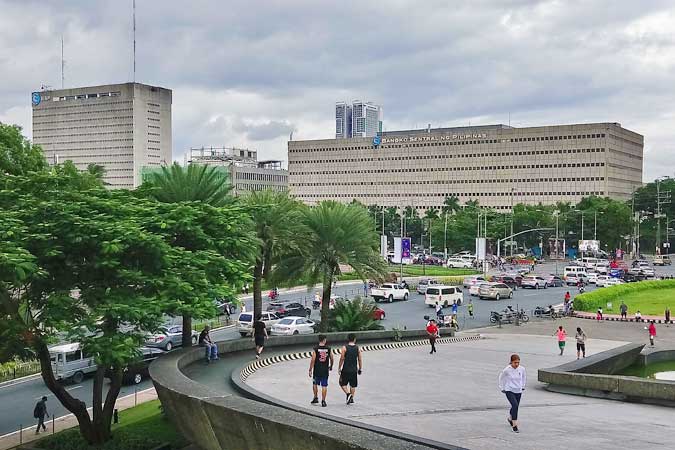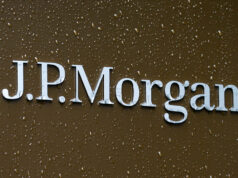BSP eases FX selling regulations

THE BANGKO SENTRAL ng Pilipinas (BSP) will allow financial institutions to sell foreign currencies without prior regulatory approval for select trade and non-trade transactions, which is seen to boost firms’ reliance on the local market for their foreign exchange (FX) needs.
Circular 1124 signed by BSP Governor Benjamin E. Diokno on Aug. 10 also simplified requirements for FX transactions and allowed financial institutions to submit certain requirements online.
“These reforms are part of the BSP’s commitment to maintain a FX regulatory framework that is responsive to the needs of a dynamic and expanding Philippine economy,” the central bank said in a statement on Wednesday evening.
“However, the BSP expects banks to continue to implement safe and sound practices amid the continuing liberalization of FX rules,” it added.
The BSP said these changes aim “to promote greater ease in the use of FX resources of the banking system.”
“The FX reforms also intend to facilitate digital payments/electronic transactions, support the infrastructure development projects/programs of the National Government, and help further deepen the domestic capital market,” it added.
The new rules will be implemented 15 banking days since their publication.
Under the relaxed rules, banks are allowed to sell FX without prior approval from the BSP if they will be used for activities such as online payments for e-commerce and imports of goods that are part of engineering, procurement and construction contracts.
Selling FX for fee payments prior to registration, provided that foreign loans are duly reported to the BSP, are also allowed without prior central bank approval.
Banks will also be allowed to sell foreign currency without prior BSP approval if these will be used for non-trade or personal matters, such as for the living allowance and medical expenses of dependents abroad.
Nonbank government entities can likewise enter into FX derivative transactions without BSP consent. The new rules also permit the use of peso receipts for trade transactions to fund the peso deposit accounts of non-residents.
Under the circular, financial institutions will be allowed to electronically submit documents, such as those on approval and registration of foreign currency borrowings; registration of inward investments, and other requests related to FX selling.
Easing foreign currency selling rules is in line with the central bank’s thrust to pursue FX liberalization to boost efficiency for legitimate trade transactions, ING Bank N.V. Manila Senior Economist Nicholas Antonio T. Mapa said.
“These moves will help ensure that financial institutions will have greater flexibility and ease to transact in the local spot market, thereby limiting the need for firms to source or sell foreign currency in other platforms or jurisdictions,” Mr. Mapa said in an e-mail.
For their part, the Bankers Association of the Philippines (BAP) said the liberalized rules will help streamline the FX services provided by their members.
“It will now be easier for the banking public to access the liquidity they need and for banks to provide foreign exchange-related services to their clients. To strengthen our domestic capital market, the BAP will continue to work with the BSP to promote a more robust foreign exchange environment,” the group said in an e-mail to BusinessWorld.
The BSP Monetary Board in June approved to increase the net open foreign exchange position for banks, the first time since 2007, as growing trade transactions and investments have resulted in increased demand for foreign exchange.
The change took effect on Aug. 1 and the limit was raised to 25% of qualifying capital or $150 million, whichever is lower. The previous cap was at 20% of impaired capital or $50 million. — Luz Wendy T. Noble



